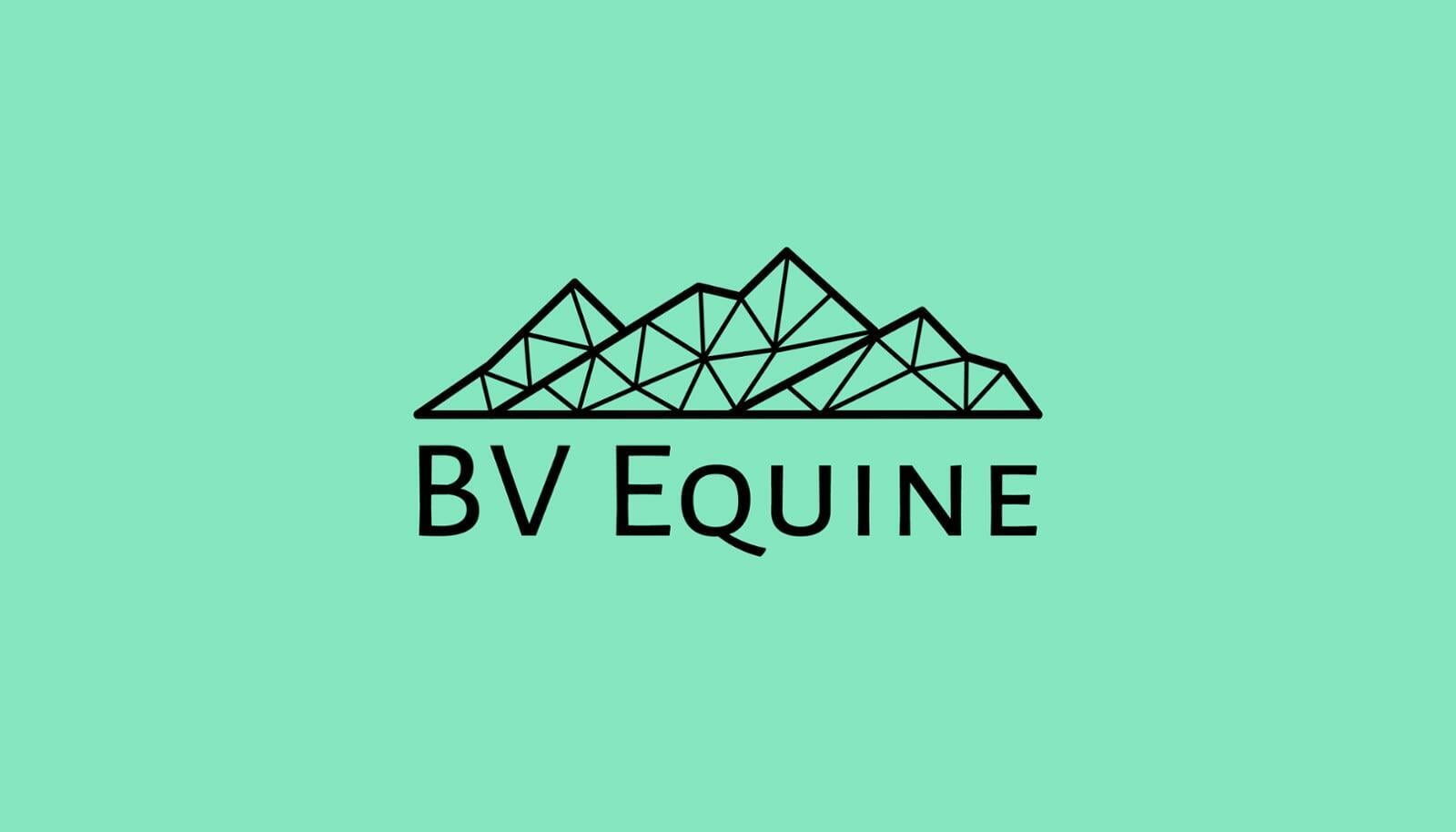The Essentials of Horse Nutrition: Feeding for Health and Performance
Horses are magnificent creatures, known for their strength, grace, and athleticism. Whether you're a dedicated equestrian, a horse owner, or simply an admirer of these majestic animals, understanding their nutritional needs is crucial to ensuring their well-being and performance. In this blog post, we'll explore the essentials of horse nutrition to help you provide the best care for your equine companions.
1. The Building Blocks of Nutrition:
Just like humans, horses require a balanced diet to thrive. The key nutrients for horses include:
Water: The foundation of any diet, clean and fresh water must always be available to your horse.
Forage: High-quality forage, such as hay or pasture grass, should make up the bulk of your horse's diet. It provides essential fiber, vitamins, and minerals.
Protein: Horses need protein to build and repair tissues, but excess protein can be detrimental. Ensure a balanced protein intake based on your horse's age and activity level.
Energy (Carbohydrates and Fats): Carbohydrates from grains and fats are primary sources of energy. The type and amount of energy your horse needs depend on their workload and metabolism.
Vitamins and Minerals: These micronutrients are essential for various bodily functions. A well-balanced diet should provide the necessary vitamins and minerals, but supplementation may be required in some cases.
2. Understanding Forage:
Forage, such as hay or pasture, is the foundation of a horse's diet. Here's what you need to know:
Quality Matters: Choose high-quality forage free from molds, weeds, and contaminants.
Quantity: Horses should consume 1.5% to 2.5% of their body weight in forage daily, depending on their activity level and metabolism.
Pasture Management: If your horse grazes on pasture, ensure it's well-maintained and not overgrazed.
3. Concentrates and Grains:
Concentrates, including grains like oats and corn, can be part of a horse's diet but should be used judiciously. They are typically fed to provide extra energy or supplement nutrients missing from the forage. Consult with a veterinarian or equine nutritionist to determine the appropriate amounts and types of concentrates for your horse.
4. Special Considerations:
Horses with Special Needs: Horses with medical conditions, such as insulin resistance or metabolic disorders, may require special diets. Consult your vet for tailored nutrition plans.
Young and Senior Horses: Foals and senior horses have unique nutritional needs. Ensure they receive age-appropriate diets.
5. Hydration:
Proper hydration is vital for a horse's health. Make sure your horse always has access to clean, fresh water. During hot weather or heavy exercise, pay extra attention to their water intake to prevent dehydration.
6. Consulting with Experts:
When in doubt about your horse's nutrition, consult with an equine nutritionist or veterinarian. They can provide tailored advice based on your horse's individual needs.
Proper horse nutrition is the cornerstone of their health, longevity, and performance. By understanding the basics of equine nutrition, you can ensure that your beloved horse receives the care it deserves. Remember, each horse is unique, so consult with professionals to create a personalized nutrition plan that suits your horse's specific requirements.
If you have any questions about horse nutrition or any other questions about riding, send us an email on our contact form and we will help you out
